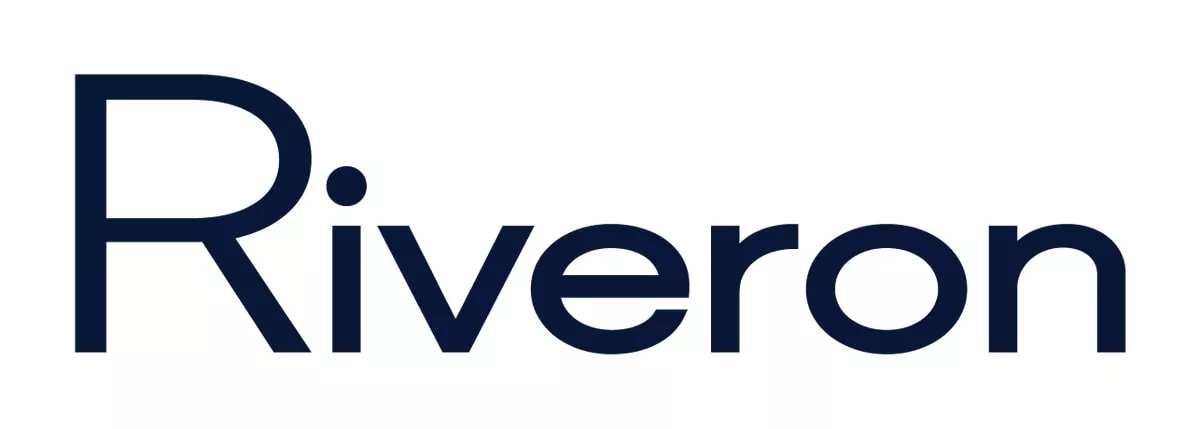- within Law Practice Management topic(s)
The conversation with SEC Commissioner Mark Uyeda at the conference was a comprehensive exploration of regulatory challenges, policy priorities, and insights into how the SEC operates under evolving conditions. Here's a detailed summary:
1. Commissioner Uyeda's Background and Perspective
- Professional Experience: Mark Uyeda highlighted his journey from corporate law, focusing on mid-sized public companies, to roles in securities regulation, including his start at the SEC as a staff member during Paul Atkins's first term as SEC Commissioner. His prior work included preparing financial filings (e.g., 10-Ks, 10-Qs) and overseeing securities offerings, which gave him deep insights into the auditor's role in ensuring trust in financial reporting.
- Unique Perspective: While not an accountant, Uyeda emphasized his practical approach to regulations, informed by his legal and public service background, particularly his focus on balancing regulatory theory with real-world application.
2. Regulatory Challenges and the Need for Practicality
- Focus on Practicality: Uyeda criticized overly theoretical and academic approaches to regulation, stressing the importance of consulting practitioners—both auditors and preparers—before finalizing rules.
- Implementation Issues: He expressed frustration with some recent regulatory actions, such as Staff Accounting Bulletin (SAB) 121, which addressed accounting for crypto assets held by custodians. He argued that the lack of public consultation and a formal rulemaking process led to unintended consequences and inefficiencies. He suggested that such actions be reconsidered and aligned with FASB processes for broader consultation and thoughtful trade-off analyses.
3. Financial Materiality in Disclosures
- Uyeda strongly advocated for revisiting financial materiality as the foundation for disclosure requirements. He criticized the 1% materiality threshold proposed in the climate disclosure rule, questioning why climate-related disclosures are treated differently from traditional financial metrics like revenue, earnings, and capital expenditures.
- He warned against using the disclosure regime to cater to special-interest investors or non-financial objectives, arguing that this approach risks creating overly broad and burdensome requirements.
4. Priorities Under a New Administration
- Leadership Transition: Uyeda provided insights into the SEC's transition process under a new administration. He noted the likely appointment of an acting chair and described how regulatory priorities could shift as new leadership settles in.
- Capital Formation: He highlighted the need to make going public a more viable option, particularly for smaller companies. Uyeda expressed concern that IPOs are increasingly seen as liquidity events for early-stage investors rather than opportunities for genuine capital raising.
- Crypto Regulation: Uyeda emphasized the importance of creating clear rules for cryptocurrency markets. He criticized the reliance on enforcement actions to shape crypto policy, advocating instead for formal guidance on issues such as custody, reserve audits, and disclosure requirements.
5. Review and Evolution of PCAOB
- Budget and Oversight: Uyeda raised concerns about the PCAOB's rapidly increasing budget, questioning whether it had reached a steady state after more than 20 years of operations. He called for a review of its effectiveness in achieving the goals set by Sarbanes-Oxley.
- Structural Reforms: He suggested exploring options to improve PCAOB operations, including potentially folding some functions into the SEC, though he acknowledged that this would require legislative action.
- Board Turnover: Uyeda criticized the Biden administration's decision to replace all PCAOB board members early in its term, noting that this created unnecessary disruption and set a concerning precedent for future administrations.
6. Economic and Regulatory Environment
- Efficient Rulemaking: Uyeda emphasized the SEC's responsibility to create rules that are efficient, effective, and appropriately tailored. He cited outdated rules, such as those governing off-channel communications (e.g., texting), as examples of regulations that need to be modernized.
- Reducing Regulatory Friction: He argued that excessive regulatory burdens ultimately harm investors by increasing costs, and he advocated for reducing unnecessary complexity to improve the efficiency of capital markets.
7. Investor Engagement
- Diverse Stakeholder Perspectives: Uyeda emphasized the importance of listening to a wide range of investors, including retail investors, institutional investors, and foreign investors. He noted that foreign investment in U.S. capital markets lowers the cost of capital for all companies and must be preserved as a competitive advantage.
- Accessibility of Financial Information: He highlighted the need for financial information to be presented in a way that is accessible to retail investors, such as those saving through 401(k) plans, without compromising its utility for institutional investors.
8. SEC Achievements and Areas for Improvement
- Key Successes: Uyeda highlighted unanimous SEC decisions on insider trading rules (e.g., 10b5-1 plans) and updates to mutual fund shareholder reports as examples of regulatory actions that balanced investor protection with practicality.
- Ongoing Challenges: He acknowledged the difficulty of striking the right balance between protective regulation and the need to avoid unnecessary costs or complexity. He argued that some systemic risks cannot be fully regulated away and warned against overburdening the financial system.
9. The Role of Public Companies and Auditors
- Impact of Sarbanes-Oxley and Dodd-Frank: Uyeda noted that improvements in financial reporting and assurance practices since the implementation of these laws have significantly reduced the occurrence of major financial restatements. He attributed this progress to the efforts of both preparers and auditors as first lines of defense.
- Whistleblower Program: He pointed to the SEC's whistleblower program as an effective mechanism for uncovering malfeasance, citing its financial incentives as a factor in maintaining high-quality corporate reporting.
10. Closing Thoughts
- Uyeda concluded by reiterating his commitment to balanced and efficient regulation that protects investors, promotes capital formation, and reduces unnecessary burdens on companies and auditors. He stressed the importance of ongoing dialogue with stakeholders to ensure the SEC's actions align with the needs of a dynamic global economy.
The content of this article is intended to provide a general guide to the subject matter. Specialist advice should be sought about your specific circumstances.







